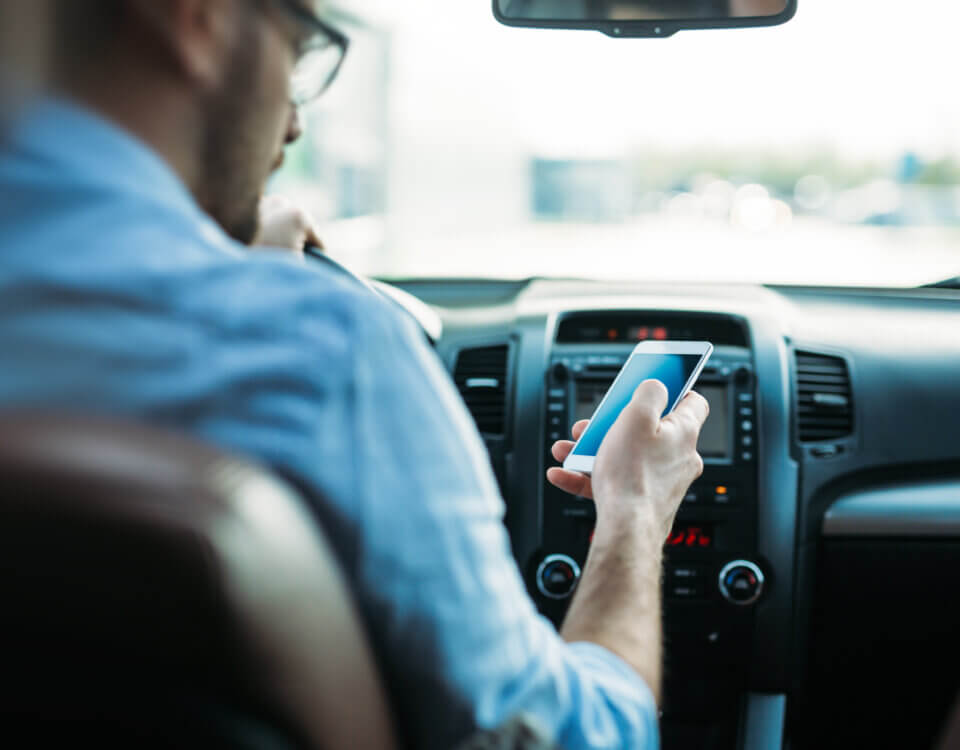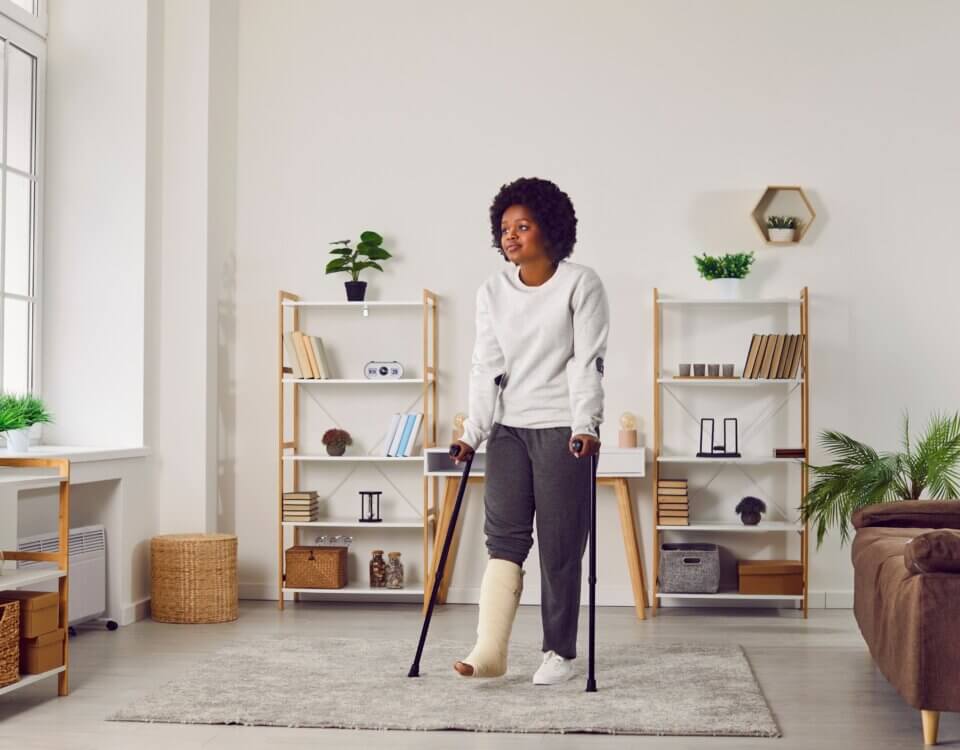State Laws Vary on Headphones While Driving
There is no federal law that specifically bans driving with headphones or earbuds. State laws differ widely. In some states including California and Washington people are not allowed to drive while wearing headphones at all. Other states allow the use of one earbud for phone calls or navigation.
Risks of Driving While Wearing Headphones
Using headphones while driving can reduce awareness of what is happening on the road. Mounting music or noise can prevent you from hearing emergency sirens, horns, or other important signals. This distraction can slow down reaction times which makes accidents more likely.
Consequences If Headphones Play a Role in an Accident
If wearing headphones leads to a crash you could face legal and insurance issues. There may be fines or penalties depending on where the accident occurs. If the distracted driving causes injury or property damage you might be liable.
Safer Alternatives to Headphones in the Car
Using hands-free or integrated systems helps reduce risk. Bluetooth systems built into vehicles allow audio or phone connections without covering either ear. Using one earbud while the other ear remains uncovered can help maintain some awareness. Vehicle audio integration apps can provide navigation or communication without distracting behavior.
What to Do After an Accident Involving Headphones
If you are in a crash where headphones might have been involved collect evidence carefully. Document the scene take witness statements keep medical and repair records and work with your insurance provider. It is helpful to obtain legal counsel so you understand your rights and possible liabilities.
How Hillstone Law Can Help
If you or someone you know was hurt in a crash where headphones possibly contributed we at Hillstone Law can assess your case advise you on what laws apply and help you protect your rights.
Note: These blog posts are created solely for the use of Hillstone Law. The information is gathered from internet research, publicly available sources, and artificial intelligence (AI) tools such as ChatGPT. While we aim to share helpful and educational content, Hillstone Law does not independently verify every detail. Some information may be incomplete, outdated, or subject to change without notice. If you believe any part of a post is inaccurate, misleading, or infringes upon copyright, please contact Hillstone Law immediately so we can review it and take appropriate action, including correction or removal.
Disclaimer: The material provided in these blogs is for general informational purposes only and should not be considered legal advice. Reading these posts does not create, and is not intended to create, an attorney-client relationship with Hillstone Law. Our intent is to share knowledge, raise awareness, and provide helpful resources to the public; however, Hillstone Law makes no warranties or guarantees about the accuracy, completeness, or reliability of the information provided, and expressly disclaims liability for any actions taken in reliance on it. The photos used in these posts are for illustrative purposes only and do not depict actual clients, individuals, or incidents unless expressly stated. If you or a loved one has been injured in an accident, please contact Hillstone Law at (855) 691-1691. Our attorneys are available to answer your legal questions and help you understand your rights.







